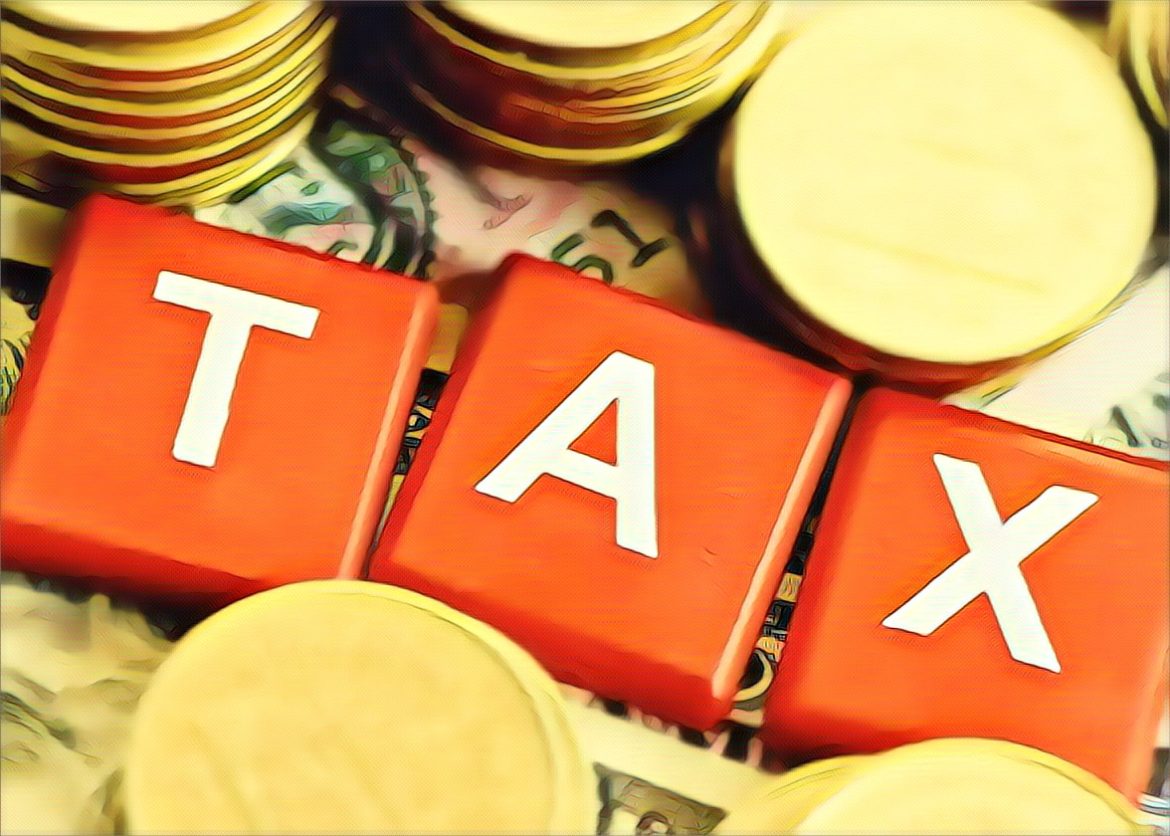Nigeria, Africa’s largest economy, is taking steps to ease the tax burden on businesses and attract more investment. The government plans to waive tax penalties, interest, and multiple taxes that frustrate businesses and find money from government agencies where there are surpluses. This is part of a broader reform agenda to simplify the tax system, enhance collection efficiency, and remove barriers impeding business growth.
The Presidential Committee on Fiscal Policy and Tax Reforms, chaired by Taiwo Oyedele, is working on introducing an Emergency Economic Intervention bill that will reach the National Assembly before the middle of November. The bill aims to reduce and eliminate the complexities in Nigeria’s tax system and bring as many people as possible into the tax net.
Nigeria has over 60 official taxes and levies collected by federal and state governments and local authorities, mandated by law. Including unofficial taxes – taxes agencies legally or illegally levy without the backing of law – the country has more than 200 taxes, Oyedele said. He added that the large number of taxes was “making life difficult for our people” and creating opportunities for leakages and corruption.
“The more taxes you have, actually, the less revenue you collect because it just creates the opportunity for leakages and some non-state actors collecting money and keeping it to themselves,” he said.
Nigeria has one of the lowest tax collection rates in the world at approximately 10.8 percent of gross domestic product, though tax receipts did rise by 56 percent in 2022 to a record N10 trillion. Still, only 47 percent of this year’s budget will come from revenues and the rest from borrowing.
President Bola Tinubu’s predecessor, Muhammadu Buhari, left a N77 trillion debt to local and foreign creditors. Already, 96 percent of the government’s revenue is being used to service debt, and there have been fears that the government’s cash crunch could worsen if additional revenue is not generated.
To change the narrative, the government has targeted increasing its tax-to-GDP ratio to 15 percent by 2025. This will require expanding the tax base, improving compliance, and reducing tax evasion.
The committee is also working on harmonizing government revenue collection and creating a national portal for transparent spending for all public spending on projects for all tiers of government. Oyedele said his committee is discussing with state governors and looking at “suspending multiple taxes that frustrate businesses and find money from government agencies where there are surpluses.”
Oyedele was also very critical of government agencies’ collecting taxes and fees in dollars. “This whole idea of paying levies taxes in foreign currency will stop before the end of this year,” he said. “If you are a Nigerian company or individual who does business in naira, why should we pay taxes in dollars? We shouldn’t be creating demand against our currency.”
The committee also announced plans to introduce new foreign exchange rules, including a crackdown on illegal currency trading before December. Oyedele said the government would expand the official market to include all legitimate transactions while snuffing out the illicit “black market” for foreign currency.
“We think all of that will happen before December, and maybe in a matter of a couple of weeks, we will begin to see the results, such that before the end of the calendar year, the naira should find its true value, not the one that is being done currently in the parallel market,” Oyedele said.
The naira has been under pressure recently due to high demand for dollars amid dwindling oil revenues and foreign exchange reserves. The naira gained 2.5 percent on Monday as the dollar fell to N1,170 on the parallel market. Traders attributed the naira appreciation to some government-announced policies, which have put speculators in an uncertain state.
The tax reforms are expected to boost business confidence and economic growth in Nigeria, which emerged from recession in 2022 after two consecutive quarters of positive growth. The International Monetary Fund (IMF) projects Nigeria’s economy to grow by 3.5 percent in 2023, up from 2.5 percent in 2022.
The reforms also align with Nigeria’s commitments under the African Continental Free Trade Area (AfCFTA), which came into effect in January 2021. The AfCFTA aims to create a single market for goods and services across Africa, with a potential market of 1.3 billion people and a combined GDP of $3.4 trillion.
Nigeria’s tax reforms could help it take advantage of the opportunities offered by the AfCFTA and enhance its competitiveness in the regional and global markets.
Source: BusinessDay NG


